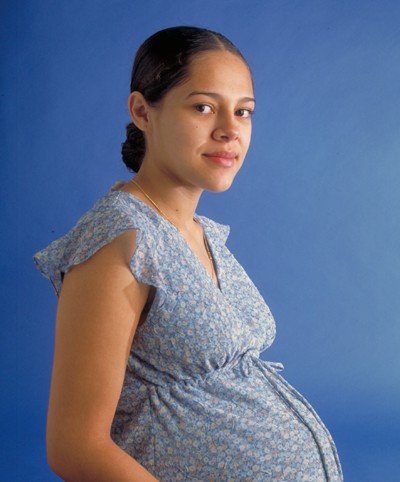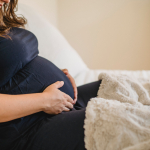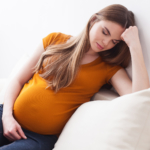Childbirth fear has been studied in Scandinavian countries for more than three decades; however, it has received less attention in other countries. In Australia, Toohill and colleagues reported high levels of childbirth fear, as measured using the Wijma Delivery Expectancy/Experience Questionnaire (W-DEQ score > 66) in approximately 20% of Australian women of childbearing age. This estimate is similar to rates reported by Swedish, Canadian and United Kingdom (UK) researchers.
In the United States, while we are now increasingly attentive to anxiety symptoms and posttraumatic stress disorder (PTSD) emerging during pregnancy and the postpartum period, less attention has been paid to the more common experience of childbirth fear. This oversight may have important clinical consequences. High levels of childbirth fear negatively affect birth preparation, obstetric outcomes and emotional wellbeing. In this population, we observe higher rates of obstetric intervention and caesarean section. In addition, fear of childbirth is associated with an increased risk of postpartum depression.
A recent report indicates that a midwife-led psychoeducational intervention may help to decrease fear of childbirth and may also improve obstetric outcomes in women with high levels of childbirth fear. In this study 1410 pregnant women were screened during the second trimester. A group of 339 women with high childbirth fear (W-DEQ > 66) were randomized to receive the intervention (n=170) or no intervention (controls: n=169).
Women who received the intervention reported lower levels of fear (53 % vs. 37 %, p=0.02) and a lower incidence of flashbacks related to their birth experience as compared to controls (14% vs. 26 %, p=0.05). There were no differences between the two groups in terms of risk for postpartum depression, parenting confidence, or satisfaction with maternity care.
Compared to controls the intervention group had a clinically meaningful but not statistically significant reduction in rates of caesarean section (34 % vs. 42 %, p=0.27) and emergency C-section rates (18 % vs. 25 %, p=0.23). All other obstetric variables were similar between the two groups.
This is the first randomized controlled trial assessing outcomes in pregnant women receiving counseling for women with childbirth fear. This psychoeducational intervention reduced levels of childbirth fear. While it did not appear to affect risk for subsequent PPD, women reported fewer flashbacks, suggesting that this type of intervention may decrease risk for PTSD related to childbirth. Women who received the intervention also had better obstetric outcomes, although this finding was not statistically significant.
Although we do not typically ask about childbirth fear, this study suggests that assisting women with high levels of childbirth fear may have important clinical benefits.
Ruta Nonacs, MD PhD
Fenwick J, Toohill J, Gamble J, Creedy DK, Buist A, Turkstra E, Sneddon A, Scuffham PA, Ryding EL. Effects of a midwife psycho-education intervention to reduce childbirth fear on women’s birth outcomes and postpartum psychological wellbeing. BMC Pregnancy Childbirth. 2015 Oct 30;15(1):284.
Raisanen S, Lehto S, Nielsen H, Gissler M, Kramer M, Heinonen S. Fear of childbirth predicts postpartum depression: a population-based analysis of 511 422 singleton births in Finland. BMJ Open 2013.








Useful symptoms of child birth you have shared. Thanks for sharing this useful blog.
Wound care Australia